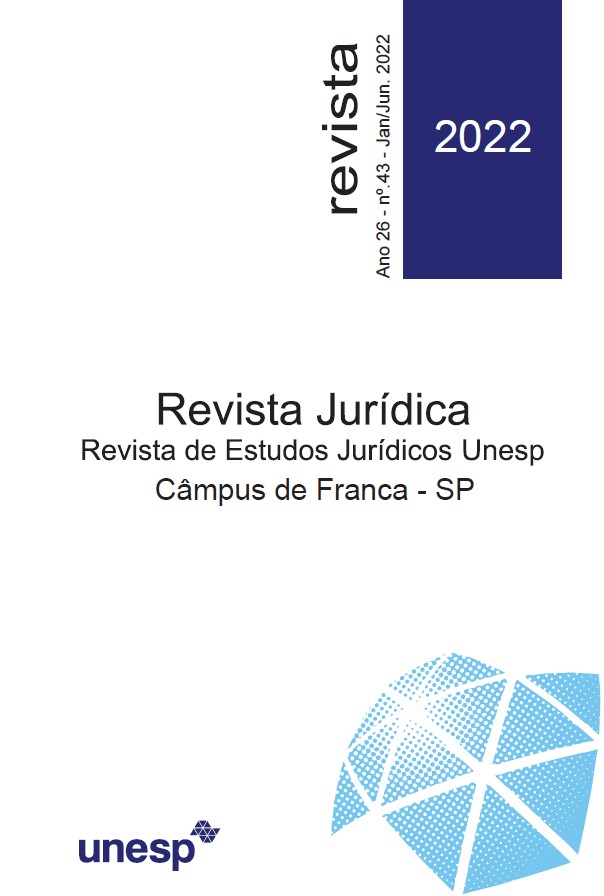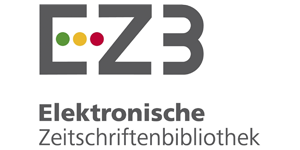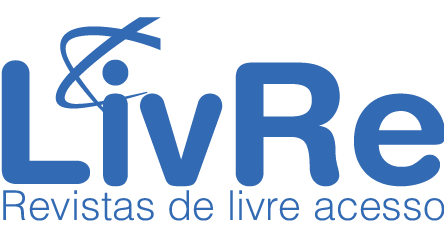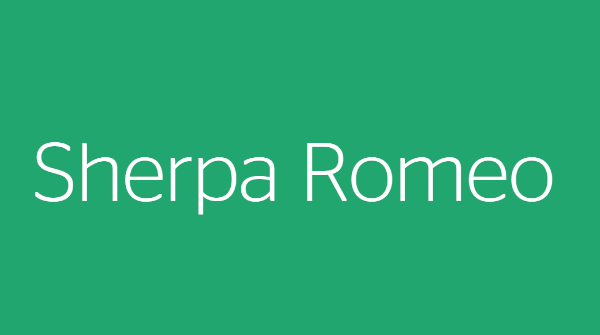O CONSENTIMENTO DA VÍTIMA NO TRÁFICO DE PESSOAS: ATÉ ONDE O ESTADO INTERVENTOR INTERFERE NA AUTONOMIA DA VONTADE
DOI:
https://doi.org/10.22171/rej.v26i43.3571Palavras-chave:
Tráfico de Pessoas. Consentimento. Direito Penal. Sociedade. Estado.Resumo
O Estado enquanto ente interventor é conhecido do meio jurídico. A sua própria natureza de detentor do monopólio da violência no território fundamenta a sua atuação para a pacificação, mediação de conflitos e imposição de sanções ante a situações de violação. Com o Direito Penal, não é diferente. No entanto, há um grande ponto de discussão que se apresenta como problemática do presente artigo: o consentimento da vítima em relação a determinados tipos penais, em especial o de tráfico de pessoas para os seus diversos fins, com enfoque no de exploração sexual. Ou seja, até que ponto o poder do estado, via Direito formal estatal, pode colocar a própria vontade do ser humano de lado para fins de punir ou ignorar uma conduta, relevando não apenas a realidade daquela pessoa, mas também as próprias falhas que levam a diversas violações e fomentam um terreno fértil para a atuação de criminosos. Tal ponto, além do problema, é o objeto de pesquisa. Como referenciais teóricos, tem-se a atuação estatal enquanto titular do poder jurídico. Também, a legislação sobre o tema e a questão do Direito e de situações e regras que surgem da própria sociedade e que podem se contrapor ao Direito Estatal. A metodologia será a análise qualitativa de fontes bibliográficas como a legislação em vigor, os tratados internacionais, doutrina, artigos sobre o tema e jurisprudência. Ao final, busca-se esclarecer as principais posições, as questões de conflito em relação ao tema e, também, efetuar uma análise crítica quanto a atuação Estatal a revelia das pessoas objeto do Tráfico de Pessoas.
Downloads
Downloads
Publicado
Como Citar
Edição
Seção
Licença
Copyright (c) 2023 Revista de Estudos Jurídicos da UNESP

Este trabalho está licenciado sob uma licença Creative Commons Attribution 4.0 International License.
























